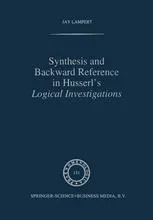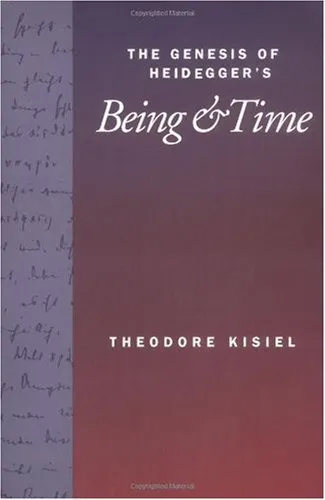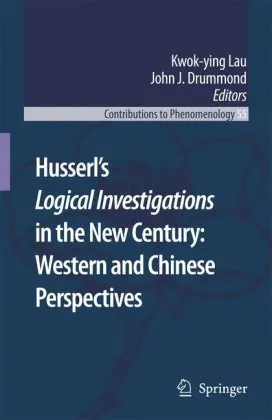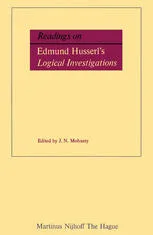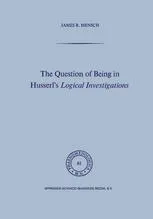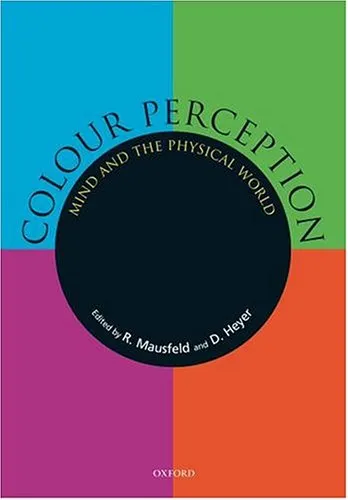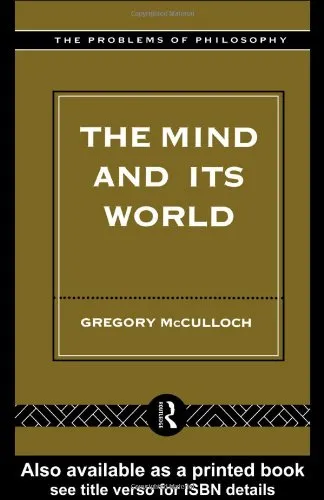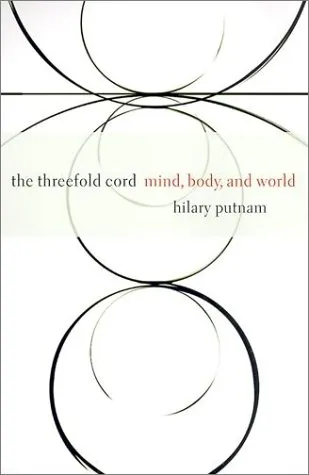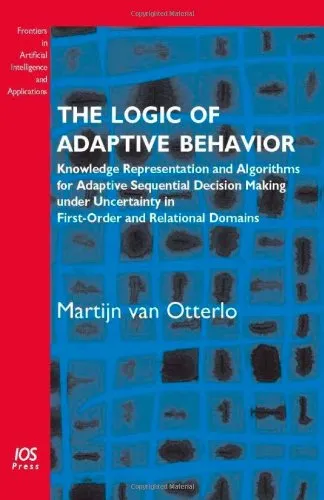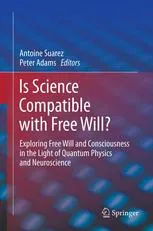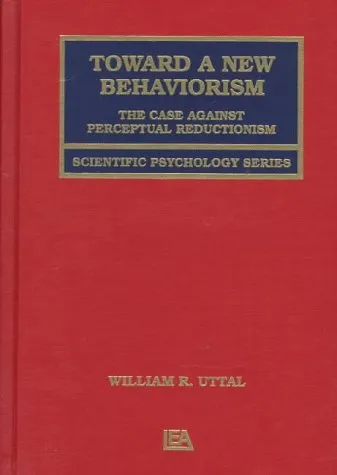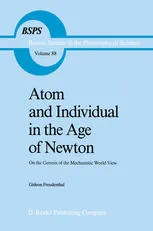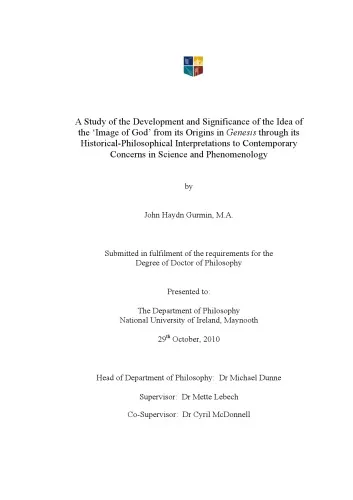Synthesis and Backward Reference in Husserl’s Logical Investigations
4.8
Reviews from our users

You Can Ask your questions from this book's AI after Login
Each download or ask from book AI costs 2 points. To earn more free points, please visit the Points Guide Page and complete some valuable actions.Related Refrences:
Welcome to an engaging exploration of one of the finest works in phenomenological philosophy. In "Synthesis and Backward Reference in Husserl’s Logical Investigations," Jay Lampert offers a profound and intricate analysis of Edmund Husserl’s seminal work, making complex ideas accessible to scholars and literary enthusiasts alike.
Detailed Summary of the Book
"Synthesis and Backward Reference in Husserl’s Logical Investigations" delves into the foundational elements of Husserl's phenomenology. In this book, Jay Lampert elucidates the intricate concepts of synthesis and backward reference that are pivotal in understanding Husserl’s discourse on logic and intentionality. By meticulously dissecting 'Logical Investigations,' the book provides clear insights into how Husserl constructs his theories on the formation of meaning and consciousness.
Lampert unveils how Husserl addresses the capability of consciousness to relate back to itself through synthesis, critically analyzing the role backward references play in cognitive and perceptual acts. This is not just a philosophical investigation but an exploration of how foundational logical structures contribute to the synthesis of experience in human cognition. The book presents a detailed journey through Husserl's treatments of linguistic references, intentionality, and the role of temporality in logic, offering readers a comprehensive understanding of these complex phenomena.
Key Takeaways
- Understanding the mechanism of synthesis in consciousness is vital for grasping the broader concepts of phenomenology.
- Backward reference showcases how temporal elements affect logical structures and meaning formation.
- Husserl’s views on intentionality transform the discourse on how objects and experiences relate within cognitive processes.
- The book empowers readers to approach Husserl’s philosophy pragmatically, encouraging applications beyond theoretical interpretations.
Famous Quotes from the Book
"In locating the essence of synthesis within the realm of consciousness, Husserl does more than offer a thesis—he provides a framework for understanding the architecture of thought itself."
"Backward reference is a bridge that connects the phenomenological present with the continuity of past experiences, forging a coherent structure in the stream of consciousness."
Why This Book Matters
Jay Lampert’s insightful analysis transforms "Synthesis and Backward Reference in Husserl’s Logical Investigations" into an indispensable read for anyone passionate about phenomenology or philosophy in general. By connecting Husserl’s complex ideas with tangible examples and clear explanations, Lampert opens up new avenues for interpreting phenomenological and logical studies.
This book stands as a critical tool for students, scholars, and educators, pushing the boundaries of traditional philosophical discourse. It matters not only as a scholarly work but also as a modern guide to understanding consciousness in a world where the interplay between perception, logic, and language dictates much of human behavior. Through Lampert’s work, we gain profound insights into the mechanics behind our thoughts and experiences, anchoring philosophical exploration to everyday understanding.
Free Direct Download
You Can Download this book after Login
Accessing books through legal platforms and public libraries not only supports the rights of authors and publishers but also contributes to the sustainability of reading culture. Before downloading, please take a moment to consider these options.
Find this book on other platforms:
WorldCat helps you find books in libraries worldwide.
See ratings, reviews, and discussions on Goodreads.
Find and buy rare or used books on AbeBooks.
1300
بازدید4.8
امتیاز0
نظر98%
رضایتReviews:
4.8
Based on 0 users review
Questions & Answers
Ask questions about this book or help others by answering
No questions yet. Be the first to ask!
